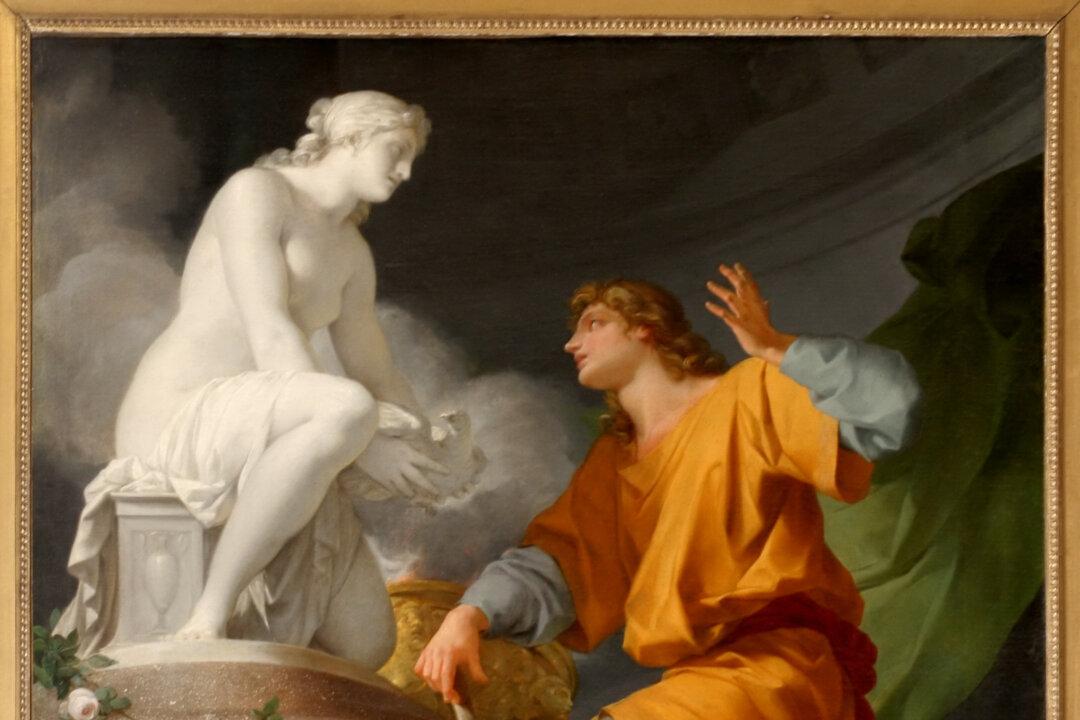In Part 1, we investigated how progress is a false ideology intimately connected to a misuse of language that has dire consequences. We pointed out that the ancients in civilizations and religions across the world had all believed that human beings had degenerated in many ways, and that the use of language had become part of the problem: lying, as opposed to being truthful. And we asked the question: Can we say more about the original language(s) of humanity in terms of its superiority?
Of course, from what we have said before, such a language was true and righteous; I also conclude that it was magical. This is a much-derided term from the scientific point of view, which is itself bedazzled by the idea of “progress”; for when we say magical thinking, we usually mean wishful thinking, unreal thinking, or fantasy.






